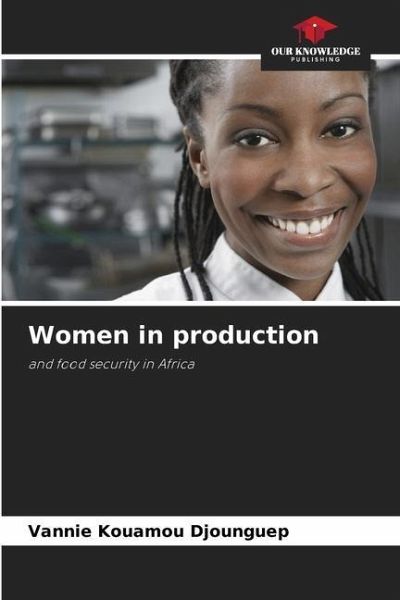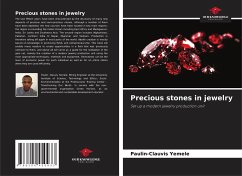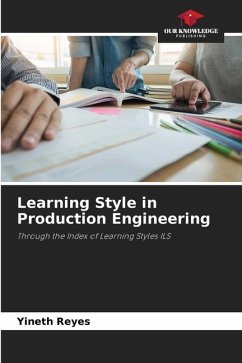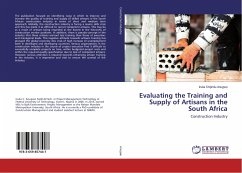
Women in production
and food security in Africa
Versandkostenfrei!
Versandfertig in 6-10 Tagen
43,99 €
inkl. MwSt.

PAYBACK Punkte
22 °P sammeln!
Africa's impressive economic performance in recent years has raised hopes that the continent will become a major player on the global economic stage. In Africa, food insecurity is a persistent challenge, yet agriculture remains the backbone and employs 80% of women, and even more in some sub-Saharan African countries. Women are the main agents of food security and household welfare in rural areas. Women work in many capacities: as unpaid family workers, independent producers, casual employees, entrepreneurs, traders and service providers, researchers and technology developers. Despite global a...
Africa's impressive economic performance in recent years has raised hopes that the continent will become a major player on the global economic stage. In Africa, food insecurity is a persistent challenge, yet agriculture remains the backbone and employs 80% of women, and even more in some sub-Saharan African countries. Women are the main agents of food security and household welfare in rural areas. Women work in many capacities: as unpaid family workers, independent producers, casual employees, entrepreneurs, traders and service providers, researchers and technology developers. Despite global and national forces that lower the market value of their products and drive up food prices, women are key players in production despite their limited access to land, credit and infrastructure. These women have initiated strategies for food production, processing, distribution, consumption and use.














